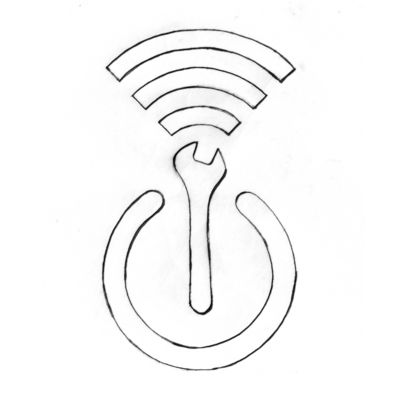A bi-weekly talk show by The Restart Project, plus a monthly documentary series produced by brilliant podcaster Dave Pickering, based on fixing triumphs, heartbreaks and wisdom shared at our community repair events – called Restart Parties – here in London. We go into real depth about good and bad design, obstacles to repair of electronics, emotional aspects of ownership, environmentally irresponsible business models, and the “end of life” of our gadgets. This podcast is for you if you'd like to fix your relationship with electronics. Let’s rethink, restart.
https://therestartproject.org/podcast/
The Restart Project Podcast Ep. 94: How to talk about avoiding waste, with Keep Britain Tidy
Do you know the most effective way to reduce our waste? If you’re a regular listener, then probably yes. But it may surprise you to find out just how many people believe that recycling is the answer to our climate crisis.
This February, Keep Britain Tidy released a report on how to talk about avoiding waste more effectively with the general public. We spoke to Anna Scott about their main findings and how we can better explain the waste hierarchy.
The social conundrums of buying lessBefore we dive into the research, we caught up about how the recent Buy Nothing New Month campaign went. For the last two Januarys, KBT has encouraged people to challenge themselves to a month of not buying anything new. This means participating in activities like reuse, repair, and buying second hand. Anna shared some of her own experiences participating in the challenge and navigating the ways that overconsumption has been ingrained into our societal norms.
What do people actually think of waste prevention?From KBT’s research, it turns out that the majority of people don’t quite understand the best ways to minimise waste. Anna shares that only 4 in 10 people were able to identify that reduce and reuse should come before recycling. This means that it’s important to be as specific as possible when talking about ways to cut waste.
“It feels like people don’t really seem to understand waste prevention. It feels like the ‘reduce, reuse’ part of ‘reduce, reuse, recycle’ has got lost along the way somewhere. People don’t seem to understand that reduce and reuse are better than recycling.”
Other communication tips that Anna shared include: giving people practical solutions; explaining why these behaviours are beneficial; and using more active and specific terms such as, repair, mend, share, rather than words like reuse and reduce. They also found that these communications need to be tailored depending on who you’re trying to reach and at what point in their waste prevention journey they are at.
Upping the profile of repairA statistic from the report that shocked us is that only 30% of people surveyed by KBT have heard of renting initiatives like lending libraries, and even less at 27% have heard of repair cafes. While in our own communities, community repair is always top of mind, it’s important to remember that it is still quite a novel concept to most of the British public.
Anna says that in order to really get waste prevention in the public consciousness and cut through the barrage of advertising people see every day, we need major collaboration between organisations to get these messages amplified. It also turns out people are more likely to listen to charities than the government on these issues – so I guess it’s our job to get this done!
Links:
- Keep Britain Tidy’s report and social pack
- Learn about Buy Nothing New Month
[Graphics courtesy of Keep Britain Tidy]
The post The Restart Project Podcast Ep. 94: How to talk about avoiding waste, with Keep Britain Tidy appeared first on The Restart Project.
